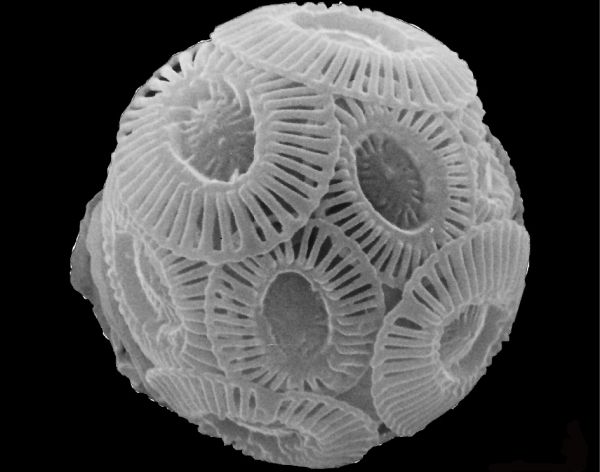Carbon removal will be necessary to meet the global warming target of below 2oC because in addition to emission reductions around 500 billion tonnes of CO2 will likely need to be removed from the atmosphere by 2100.
The study published in the journal Frontiers in Climate evaluated the consequences for marine ecosystems of two potential CO2 removal approaches, or negative emission technologies.
The research found that accelerating the weathering of rocks that consume CO2 by crushing and dispersing on land or sea could change the composition of marine species and ocean productivity.
Lead author Dr Lennart Bach said the two options, Enhanced Weathering and Ocean Alkalinity Enhancement, would both result in minerals entering and changing ocean chemistry.
“Some minerals consume CO2 as they weather and dissolve, so enhancing weathering by crushing and distributing large amounts on land or in the ocean has the potential to reduce atmospheric carbon dioxide levels,” Dr Bach said.
Continue reading at Institute for Marine Antarctic Studies
Image via Institute for Marine Antarctic Studies


